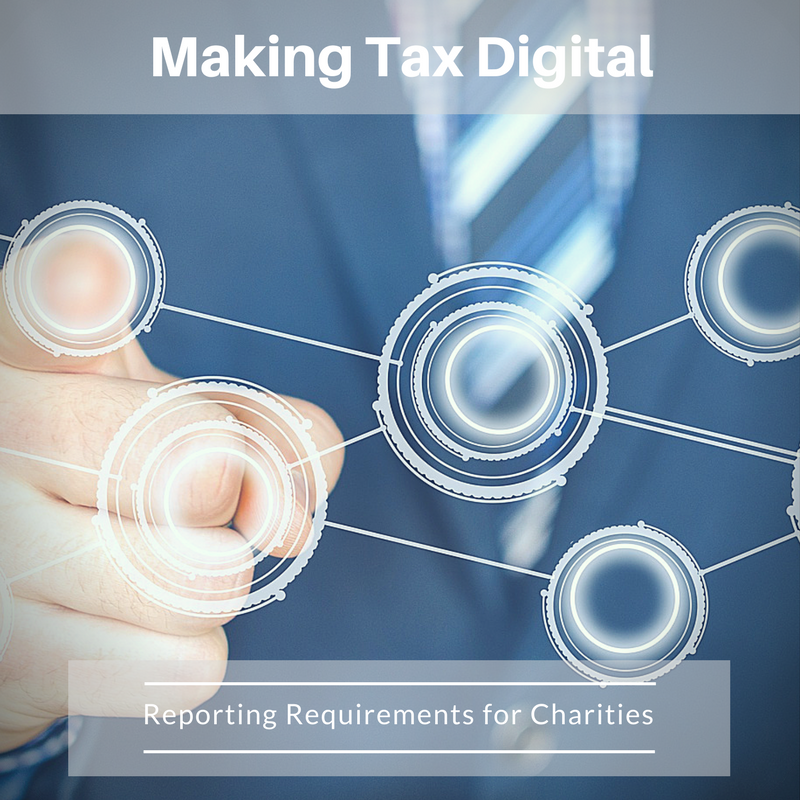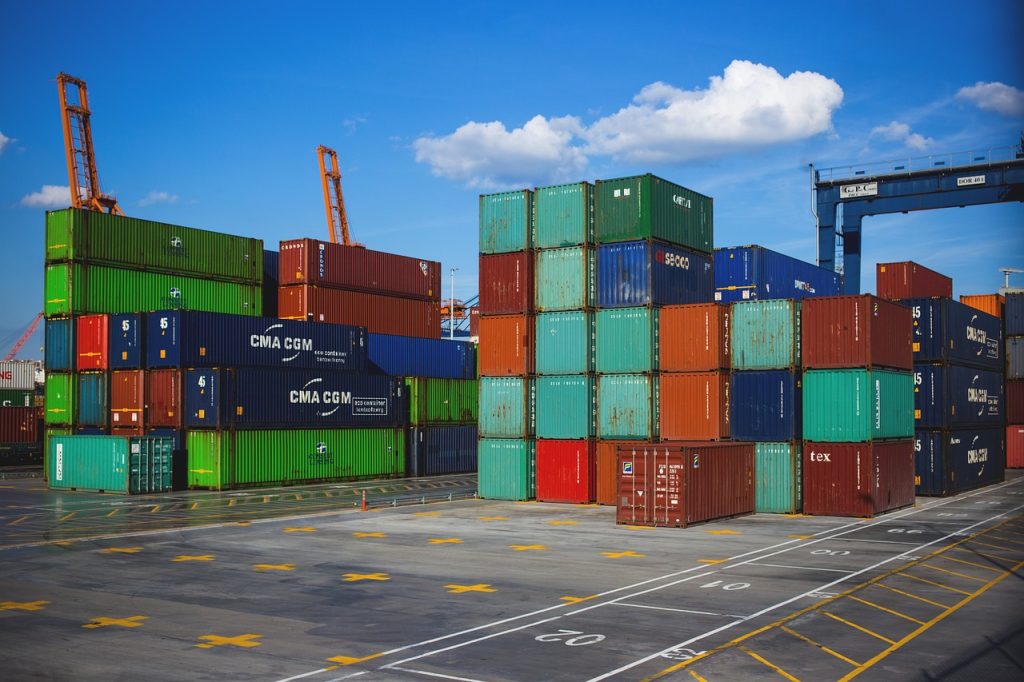Making Tax Digital will come into effect from April 2019 for businesses above the VAT threshold, whereas smaller businesses who fall under this threshold will not need to keep digital records or report to HMRC quarterly, for other taxes until 2020 at least.
With all the updates there has been some confusion over what these new changes will mean for charities. The Charity Tax Group (CTG) recently met with HMRC and it has now been confirmed that at present there is no MTD charity exemption for VAT, but there will be an exemption for corporation tax.
MTD for corporation tax has been deferred for the time being. Depending on any changes that may be made, charities will be exempt from this at the moment, but any subsidiaries will need to comply. MTD for VAT will apply to charities and their subsidiaries whose taxable supplies fall below the VAT registration threshold of £85,000.
So, what does this mean for you?
- All prime records, including any adjustments, must be kept in an electronic format.
- All steps in the accounting process, after inputting invoices, must be digitally managed. The use of accounting software programs will then sort and consolidate the data until the VAT return totals are uploaded to HMRC.
- Digital software will be required to communicate the digital records to HMRC. This will not be provided by HMRC, but many software companies are working with HMRC to update their accounting packages or stand-alone linking tools.
- HMRC will only be able to digitally examine the 9-box VAT return data and will not have any access to your underlying data. To better understand your VAT position HMRC may encourage you to volunteer further information.
- As time goes on HMRC will sense check any data given and depending if there are any inconsistencies with previous data, you may be asked to provide further data.
HMRC has stated that they are still finalising some details especially regarding software capabilities and the progression from older, manual systems. There are also still developments coming from HMRC as to what will be expected from organisations, so always be sure to keep checking for the latest information. If you have any queries or questions, then please contact us for further details.




